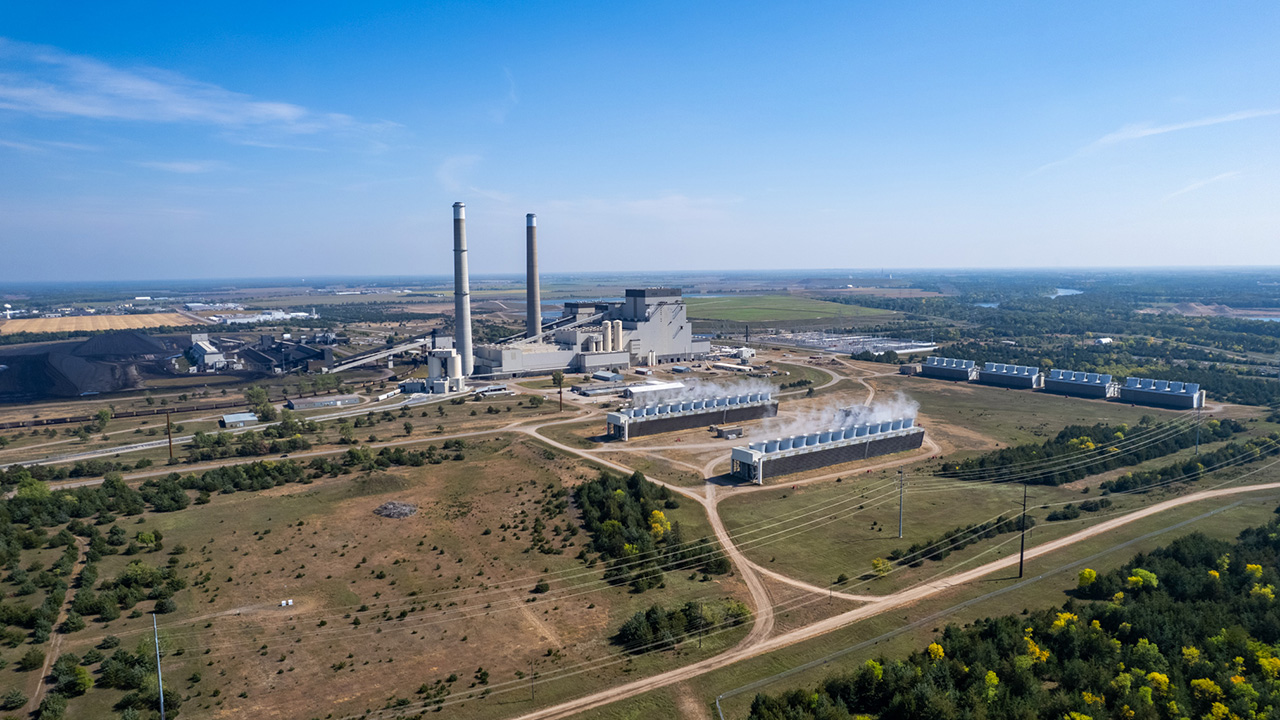
In April 2024, the Environmental Protection Agency (EPA) issued new limits on greenhouse gas (GHG) emissions from fossil fuel-fired power plants, including coal-fired power plants, alongside three other air quality regulations. This set of rules will reduce carbon emissions and pollution from U.S. power plants, which are the second-largest source GHG emissions in both the nation and in Minnesota. The new rules will require coal plants that plan to operate past 2039 and new gas plants that run frequently (those with a capacity factor over 40%) to cut their emissions ninety percent by 2032. The rules also strengthen and update air quality requirements and reduce wastewater pollutants for coal-fired power plants as well as create rules for management of coal ash in areas previously not federally regulated.
This new set of rules will likely affect coal plants owned by Minnesota utilities, including Otter Tail Power and Minnesota Power, and will impact new gas plants any utilities seek to construct. Otter Tail’s Coyote Station and Big Stone coal plants, located in North and South Dakota respectively, currently have operational end-dates in 2040 and 2046. The rules may also affect Unit 4 of Minnesota Power’s Boswell coal plant, which the Company has announced will cease coal operations by 2035 but could be repowered with a different fuel. Fresh Energy does not expect the new GHG rules to impact Xcel Energy’s Boswell Unit 3 since it is slated to retire at the end of 2029, nor any of Xcel Energy’s coal plants which are slated to retire by 2030. While all coal plants located in Minnesota will retire or cease using coal by 2035, there are several coal plants outside the state that still serve Minnesotan customers.
“Federal rules to reduce carbon emissions and air pollution from fossil fuel plants, especially coal plants, have been a long time coming. This national standard provides certainty and an investment signal to the power sector that will help states stay on track with their greenhouse gas emissions reductions plans, like Minnesota’s 100% carbon-free electricity law,” said Isabel Ricker, Senior Director, Clean Electricity at Fresh Energy. “We’re looking forward to further analyzing this set of rules and continuing to engage in Minnesota’s regulatory processes to advocate for a carbon-free electricity sector.”
